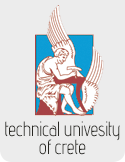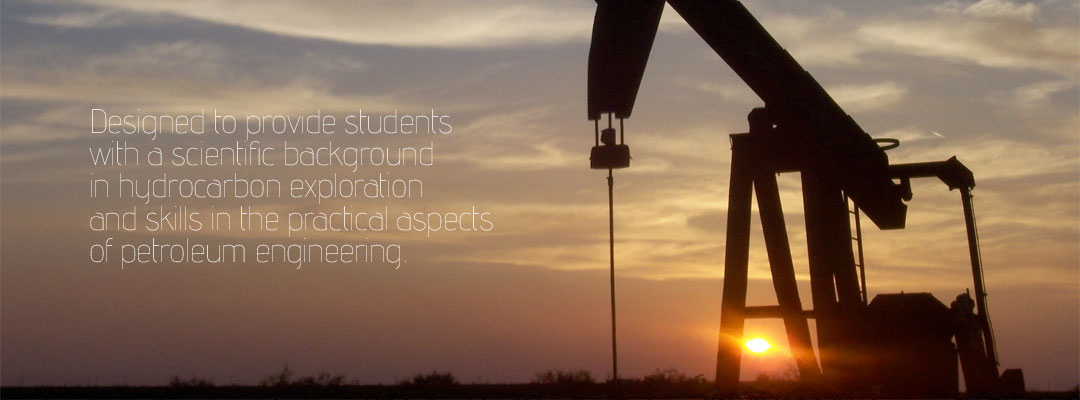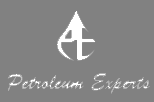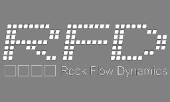Course information
| Duration (hours) | 39 |
| ECTs | 5 |
| Practice | Simulation |
Instructor(s) |
Description
Seismic reflection method for oil exploration and exploitation. Seismic data acquisition techniques, field surveys. 2D, 3D, 4D,3C surveys. Seismic data processing techniques. Wireline logging, logging while drilling.
Syllabus
1st Lecture | Overview of applied geophysics with a focus on petroleum engineering applications. Introduction to Gravity, Magnetic, Electromagnetic and Seismic Reflection methods. |
2nd Lecture | Seismic wave theory and seismic reflection method |
3rd Lecture | Seismic signals and data acquisition methods. Field surveys at sea and land, 2D, 3D, 4D and 3C surveys |
4th Lecture | Time series analysis. Fourier series and Transform (FT), Discrete FT, FFT, Convolution, Correlation |
5th Lecture | Digital signal processing. Convolutional model in seismic reflection, Wiener filters, predictive and spiking deconvolution |
6th Lecture | Seismic data processing 1. Seismic velocity, velocity analysis, interval and RMS velocity, Normal Moveout Correction (NMO). |
7th Lecture | Seismic data processing 2.Static corrections, Stacking, Migration (Kirchoff, phase shift) post stack, pre-stack. |
8th Lecture | Seismic data processing 3. Amplitude Versus Offset (AVO) analysis, Attribute analysis, modeling and inversion. |
9th Lecture | Introduction to Well Logging. Introduction to Spontaneous Potential (SP), Gamma Ray (GR), Natural Gamma ray Spectroscopy (NGS), neutron, density and litho-density, electrical and acoustic loggings. |
10th Lecture | Formation evaluation. Archie's law, water and oil saturation in clean and shaly formations. |
| 11th Lecture | Introduction to petrophysics, why do we need petrophysics, Petrophysical properties of rocks ,Where do we get data in the drilling process, What do we measure what do we calculate what do we predict, Working as a team |
| 12th Lecture | Physics behind the measurements, Logging tools, Laboratory measurements, Planning a logging programme, Interpretation, Carbonates Vs Clastics |

Petroleum Engineering postgraduate program of the Technical University of Crete is a one-year, full-time program, designed to provide students with a scientific background in hydrocarbon exploration and skills in the practical aspects of petroleum engineering. The program begins in October, and leads to a Master of Science (MSc) degree. The program is run by the School of Mineral Resources Engineering.








